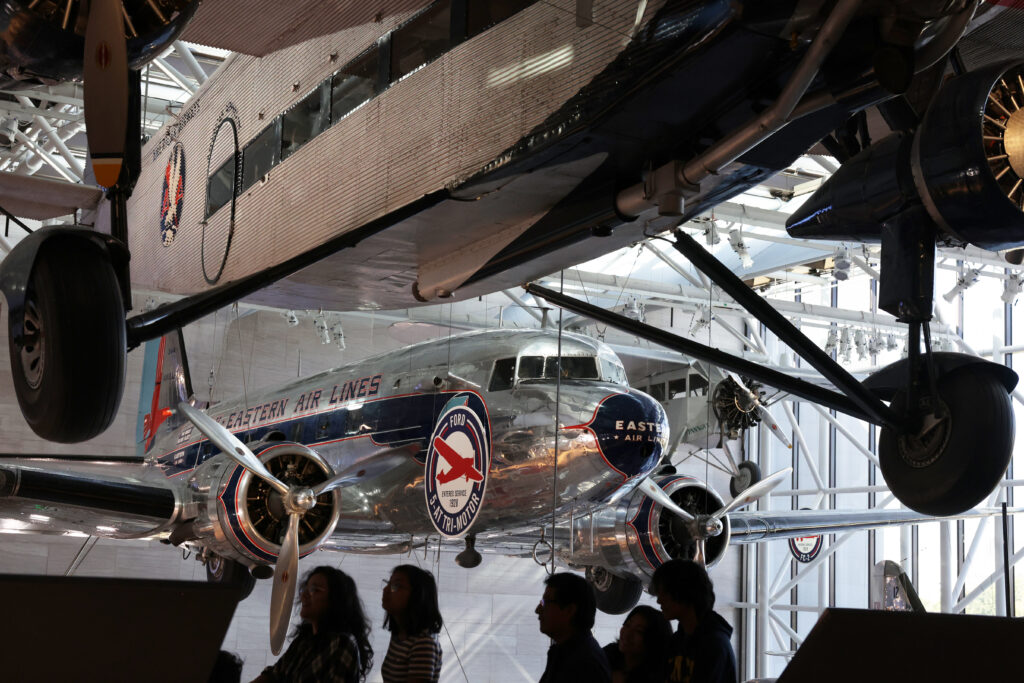
- ARAB NEWS
- 18 Jul 2025

Washington: The U.S. National Air and Space Museum plans to display photographs of Hiroshima and Nagasaki taken soon after the 1945 atomic bombings.
The museum, one of the Smithsonian Institution’s facilities, will renovate its exhibition on World War II in 2025. The new exhibition is expected to mention the damage caused by the atomic bombings of the Japanese cities, not described in the current one.
In the museum’s additional building near Washington, the restored Enola Gay, the U.S. B-29 bomber that dropped an atomic bomb on Hiroshima on Aug. 6, 1945, is displayed.
This exhibit has drawn protests from hibakusha atomic bomb survivors in Hiroshima and Nagasaki because there is no mention of the devastating damage caused by the atomic bombs.
In 1995, the museum was forced to scrap a plan to hold a special exhibition including materials on the damage from the atomic bombings, following protests from veterans’ organizations and many others justifying the attacks, which also killed many civilians.
The controversy over the plan led to the resignation of the museum’s then director.
The new exhibition, “World War II in the Air,” will cover a wide range of roles air warfare played during the war, a museum official said, adding that an explanatory description about the atomic bombings will be placed along with the Enola Gay.
However, the official said the museum cannot provide details of the photos of Hiroshima and Nagasaki to be displayed as they are still under consideration.
The U.S. public is divided over the atomic bombings. According to an August 2020 YouGov survey of U.S. adults, 39 pct said that the atomic bombings were right, 33 pct said the attacks were wrong, and 25 pct said they did not know.
Among respondents aged 45 or older, those who said the United States does not need to apologize to Japan exceeded those who recognized such need, while the result was opposite among respondents under 45.
JIJI Press